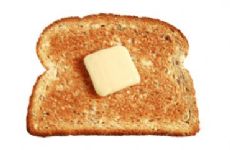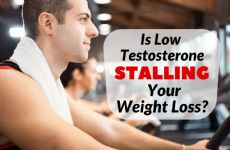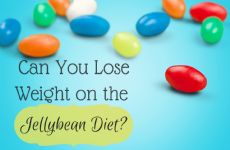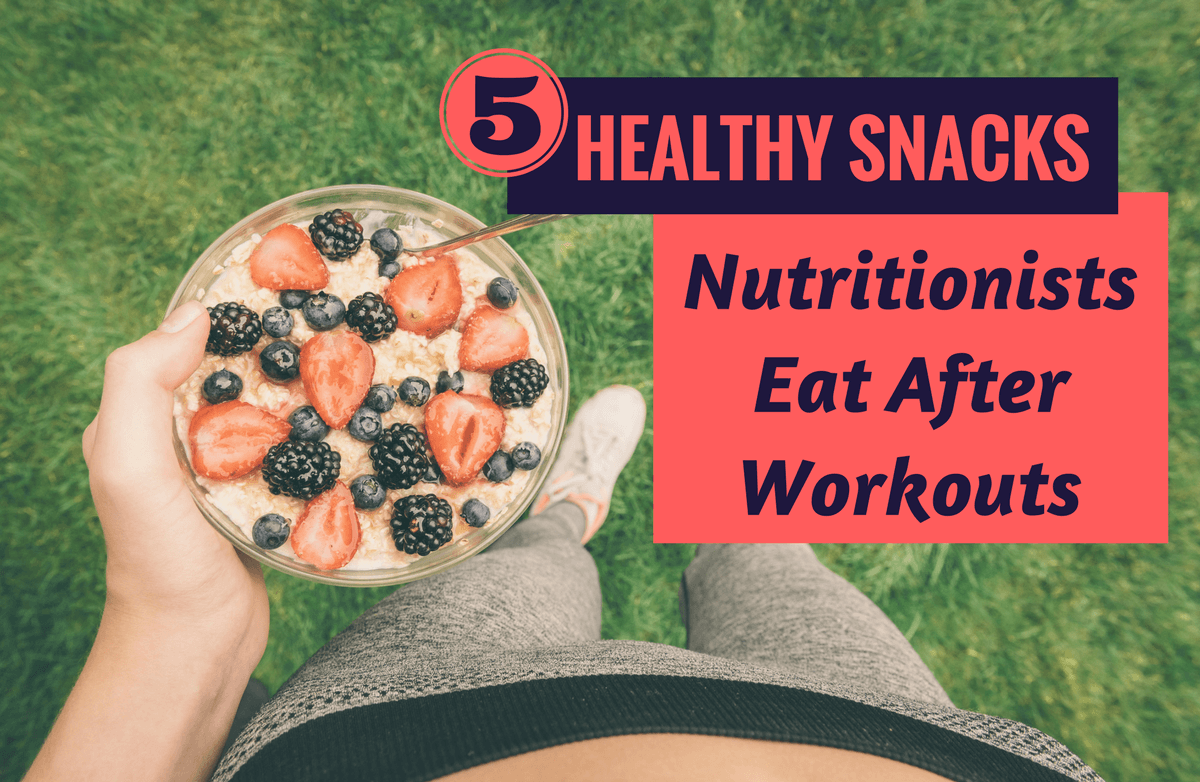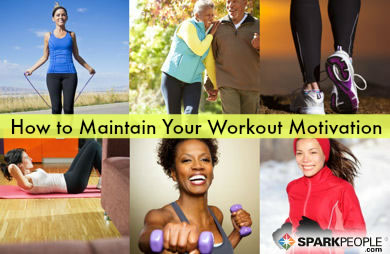By SPARKGUY,
SparkPeople Blogger
6/9/2017
Ask 100 people for their number one weight-loss rule and you'll likely hear 100 different answers, but there's one answer that seems to pop up time and time again: Weight loss is 80 percent diet and 20 percent fitness. The reasons behind this widely accepted truth include the idea that we burn fewer calories than expected during a workout and that it's easy to eat the equivalent amount of calories we burn during a workout directly after said workout. On the other hand, with food choices, it is easier to directly cut your calories and have a higher degree of certainty that those cut calories will lead to weight loss.
Don't get me wrong, this calorie equation makes sense—your calories from food are incredibly important in losing weight. Switching to healthier food choices in your appropriate calorie range, especially, will lead you to making a sustainable healthy lifestyle change that eventually doesn't even feel like a diet. Those changes include learning that healthy foods really can taste better than bad-for-you foods when you find proteins, fruits, vegetables, spices and recipes you genuinely love.
But guess what? You aren’t a calorie equation.
You have a life that gets messy and challenging with setbacks due to stresses and demands on your time. By "you," I of course mean "all of us," myself included." We're all in the same boat trying to reach our various goals.
I often see SparkPeople members talking about this topic in our community as a reason to put most of their focus on food, which is why I want to counter this "80/20" way of thinking.
The underlying program I used to reach my goals and eventually build SparkPeople integrates the best of health and fitness with the best of goal setting, motivation, leadership and behavioral psychology. This is called the SparkPeople Fuel for Improvement System. Thanks to the support of SparkPeople members, my book, "The Spark," which discusses this program, even became a New York Times Bestseller!
As I work to build a Small Goals Commitment Challenge based upon the fundamentals laid out in my book, one of the top concepts I'm focusing on is called Crisscross Effects. Put simply, all areas of life have an impact on other areas of life and once you come to this realization, you are more likely to use many different ways to reach your weight-loss goals or any other life goals you may set for yourself.
The journey to weight loss is a road filled with pot holes, hills and ditches, making the ability to adapt and embrace a flexible mindset crucial if you want to find success. To further demonstrate the point that the 80-percent-diet-20-percent-fitness concept is not without its flaws, consider a few real-life situations that shed light on goals in the big picture of life as they relate to Crisscross Effects.
Life—and Weight Loss—Is More Complex Than 80/20
Drinking Water and Eating Vegetables
People who consistently exercise often report that they find it easier for them to drink water and eat vegetables, which makes sense since the body needs rehydration after losing water to sweat. When you drink more water, it becomes easier to give up consuming sugared drinks like soda. As you can see from this simple example, exercise can result in consuming more water and vegetables, and less soda, important nutrition results that would not have been as likely without your sweat session.
Emotional Eating
In our early days at SparkPeople, we learned that emotional eating was the top issue facing our members. The topic is mentioned nearly every day in the SparkPeople Community Feed when someone mentions working to recover from a round of emotional eating. In other words, what is going on in your head can be just as, if not more important as what goes in your mouth.
Here again, exercise comes into play, as it is physiologically proven to lower stress levels. Positive support and relationships, as well as other stress management and mindfulness techniques, can also help to lower stress. Because much of our emotional eating results from a tension and anxiety due to overbooked schedules, pressure at work, emotional situations with family or friends, or any number of stressful situations, the ability to lower stress levels through exercise or other means can reduce the odds of emotional eating getting in the way of your goals. I love boxer Mike Tyson’s quote that says, “Everyone has a plan until they get punched in the face.” When some type of stressor punches you in the face, you need ways to handle it in a way that doesn't lead you back to food.
Sleep
How do you feel when you are really tired? Are you more likely to eat the closest items available? Are you more likely to eat sugary foods to get a quick energy fix? Are you more likely to drink extra caffeine beyond the moderate amount that is generally okay to consume? Are you less likely to take the time to prepare or choose healthy foods? All of this shows the importance of quality sleep on your nutrition choices.
Goals and Core Values
In my Small Goals Commitment Challenge, the very first activity I ask participants to think about is why they want to be healthy and fit. When you connect what goes into your mouth to what is most important to you in life—and realize that good health and fitness will help you reach your most important goals in life—then you are more likely to make better food choices. Here again, you can see how your goals can positively influence your daily nutrition choices.
In a quote posted on my Small Goals Commitment Challenge, SparkPeople member MORAVIANSTAR perfectly illustrates my argument against the hard-and-fast "80/20" philosophy:
“It struck me this morning when thinking about all your posts related to this 'challenge' that, overall, the focus is going away from diet and becoming much broader. When I have tried to lose weight in the past, my entire focus has been on food, which leads me to obsess about food, which leads me to think about eating all the time, which leads to eating too much (even if it's healthy stuff), which leads to very little weight loss! This new focus has me thinking about coming up with a mantra I can use—maybe something like, 'Is this decision (about whatever) going to further my good health plan.' This new 'challenge' has me starting to think in different ways about this entire issue."
Do you see how the 80 percent diet and 20 percent fitness way of thinking can actually be dangerous? Each of these other areas of life—fitness, sleep, stress management—have their own amazing benefits, but they also have Crisscross Effects that directly help people make better food choices. So even if food is the primary way to lose weight, this is a vastly better way to increase your odds of making better food choices. This is the real world of what happens to people every day, not simply a scientific measurement of calories.
If you are interested in learning more about this, visit my challenge. As of this writing, I have published eight activities and lessons for the challenge with many more to come.
|
|

.jpg)



